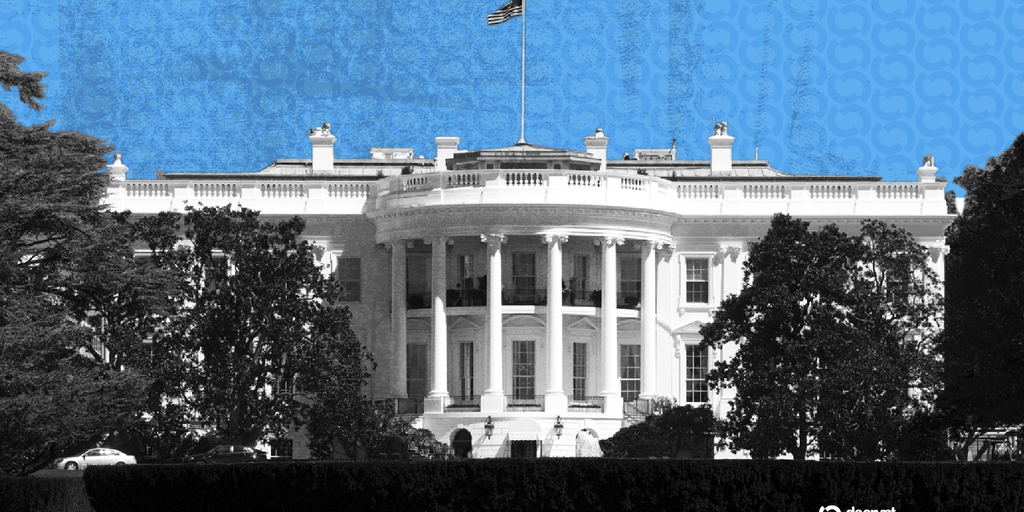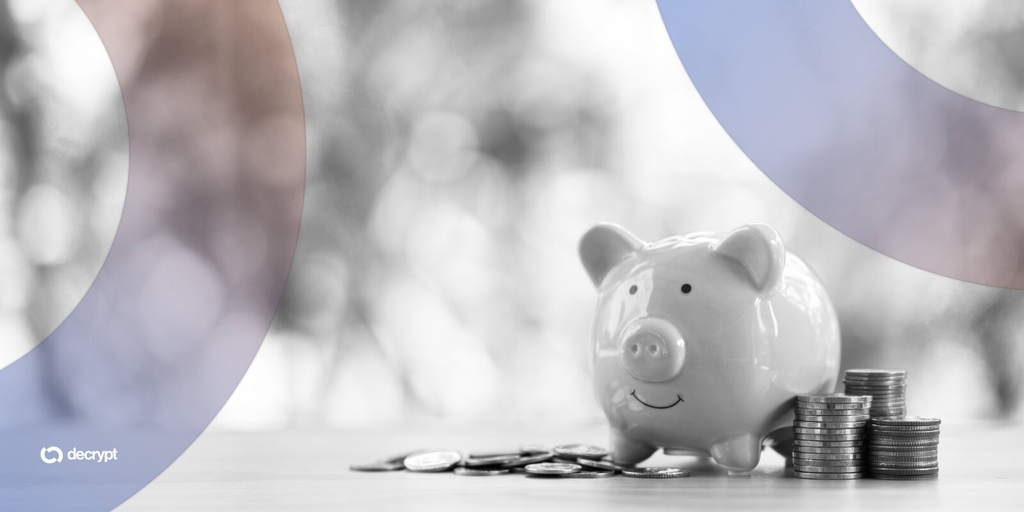How a decentralized AI movement is shaping a fairer future
The democratization of AI
AI has revolutionized numerous aspects of our lives, from healthcare and transportation to finance and education. However, this AI phenomenon has also raised concerns about bias and ethics in data-driven decision-making. To counter this issue, a decentralized AI movement is emerging to put the power back in the hands of individuals and communities.
Leveraging blockchain for trust and transparency
One key pillar of this movement is the application of blockchain technology. By using distributed and tamper-proof ledgers, data collection and processing can be done securely, transparently, and with increased user control. This enables individuals to be accountable for their data and to see who has access to it.
Decentralized AI (DeAI) has led to the development of various solutions:
- Eclipse: An open-source library and framework for building AI-based recommender systems that ensure transparent, explainable, and GDPR-compliant decision-making.
- Ethereum’s SRL (Smart Reputation Lab) token allows users to reward data sharing platforms with tokens for ensuring fair usage policies.
- Government-backed initiatives like Germany’s “Digital Ministry for All” focus on digital self-sovereignty by allocating citizens a blockchain-verified digital identity.
- Companies like Augmentum are using Ethereum for social impact, with data wallets and decentralized storage to manage human-centered data for more diverse research.
Ethics in action: decentralized AI for social good
The decentralized AI movement addresses ethical concerns in various fields by promoting fairness, transparency, and responsibility:
Pediatric health research and more diverse datasets
Decentralized data networks (DDNs) and Data sharing platforms enable parents or carers to opt in with their child’s health data for anonymization and research. This improves access to data and creates opportunities for more diverse research and outcomes that benefit society as a whole. As a result, pediatric researchers no longer have to rely solely on already-underrepresented populations for clinical studies and can work with an updated, diverse pool of participants to uncover fresh insights.
Fine arts and culture for inclusion
Decentralized AI platforms allow marginalized and often-represented groups to preserve cultural heritage, promote artistic freedom and participate in creative collaborations while redefining what art means today, with new technologies driving their voices and perspectives forward, through decentralized, user-directed social media and decentralized networks supporting user-generated content.
Powering the future: decentralized AI communities
Grassroots initiatives, open-source tools and shared knowledge facilitate a peer-led movement that enables active ownership and collective responsibility for ensuring trust, transparency, and ethics throughout all aspects of AI development, AI-assisted decision-making and application processes.
Skills and knowledge sharing for empowerment
Communities form strong bonds around DeAI innovations: decentralized, accessible courses & workshops on blockchain basics & AI ethics; free digital data literacy programs, enabling layperson understanding and self-governing oversight; and accessible training packages allow for community-based testing for AI and data integrity auditing skills.
Open collaboration
Crossdisciplinary exchanges, hackathons, global, remote and decentralized teams promote new ideas and co-create user-generated AI, addressing challenges around Data ownership, bias-free ML frameworks, and privacy-friendly app implementations.
Challenges ahead, but the decentralized AI revolution gathers pace
From Data sharing, ownership to unbiased AI frameworks and blockchain validation in AI decision-making – though the path ahead appears rugged, the decentralized AI community recognizes the urgency to evolve ethically responsible AI.
FAQs
Q1. What is decentralized AI, exactly?
A1. Decentralized AI combines two technologies: blockchain and artificial intelligence (AI). It uses blockchain technology’s decentralized and tamper-proof structure for secure data collection, management and execution of AI-based applications that uphold transparency, fairness and individual user sovereignty.
Q2. How does decentralized AI mitigate biased AI decision-making?
A2. Blockchain allows Decentralized AI (DeAI) models to ensure transparent data and bias-free training processes using tamper-proof records. Furthermore, these structures enable fair AI data utilization, data-driven accountability for its users and responsible data privacy maintenance.
Q3. Where can I learn more about Decentralized AI?
A3. Explore open-source projects like AI transparency, blockchain- based open innovation platforms, community forums dedicated to AI ethics, data sovereignty movements’ initiatives and peer-reviewed scholarly journal articles discussing decentralized AI trends in AI and data collection systems.
Q4. Does decentralized AI imply blockchain can solve all AI challenges?
A4. DeAI is a distinct area which concentrates on integrating blockchain’s characteristics directly into AI-based solutions but won’t replace or remove each AI issue solely dependent solely on blockchain; the fusion helps address certain aspects specific areas of AI’s application: the democratization of data utilization as well as fairer algorithms using blockchain as the technology catalyst.
Q5. What does the future look like for decentralized AI?
A5. Decentralized AI advancements will drive trust-enhanced AI adoption across global governance, education, finance, and societal landscapes. Decentralized AI tools support unbiased AI training data governance – empowering people and institutions across industry sectors and nations; users can engage, review transparency, and monitor fairness when involved in AI decision-making. By shifting AI from central authorities and instead, placing power directly among us, decentralized AI ensures its utilization aligns with global AI benefits and ethics for all, forever creating a fairer AI-enabled tomorrow through collective ownership, open discussion & collective problem-solving practices to shape this transformative global network.



